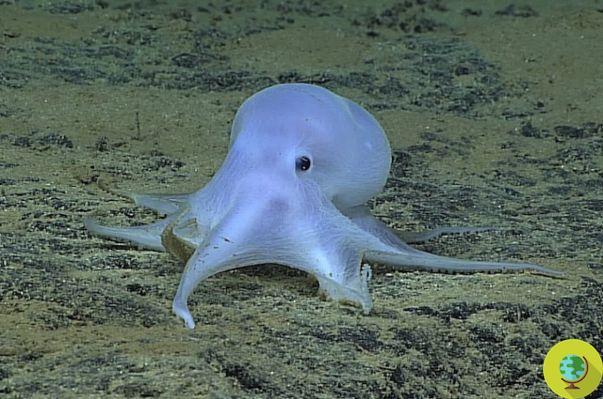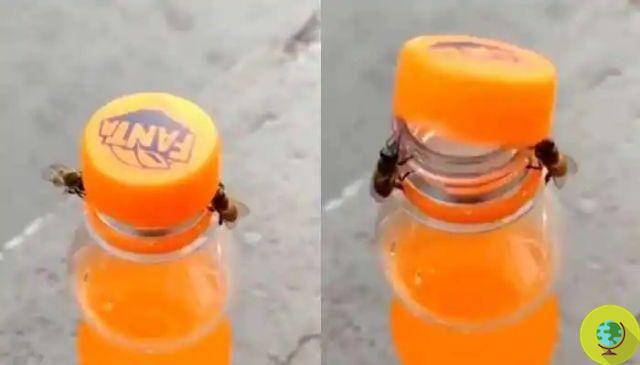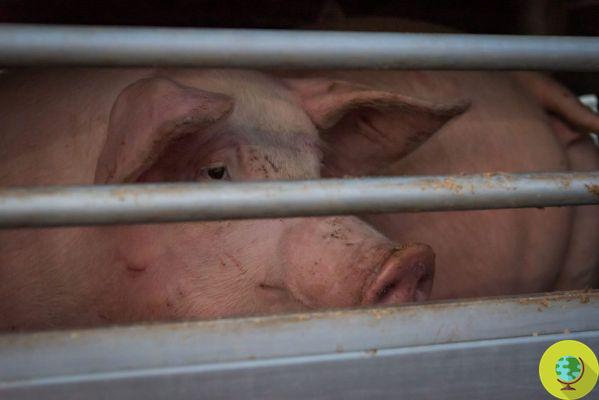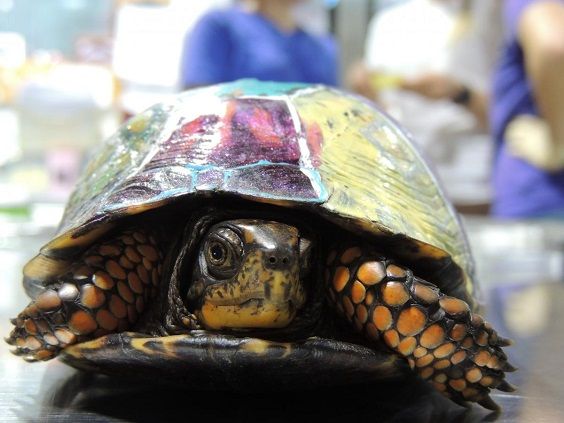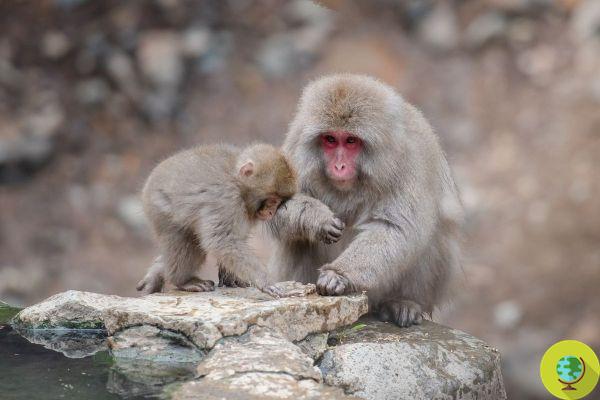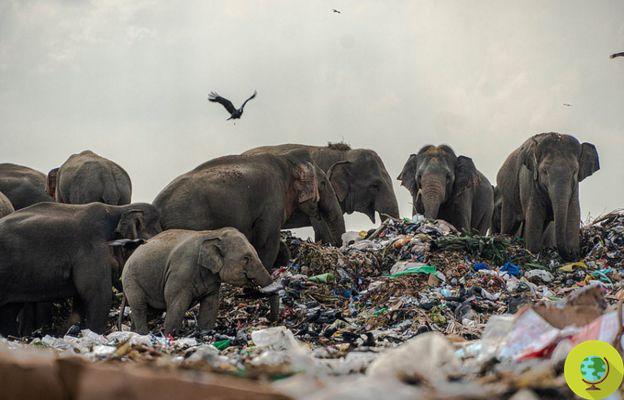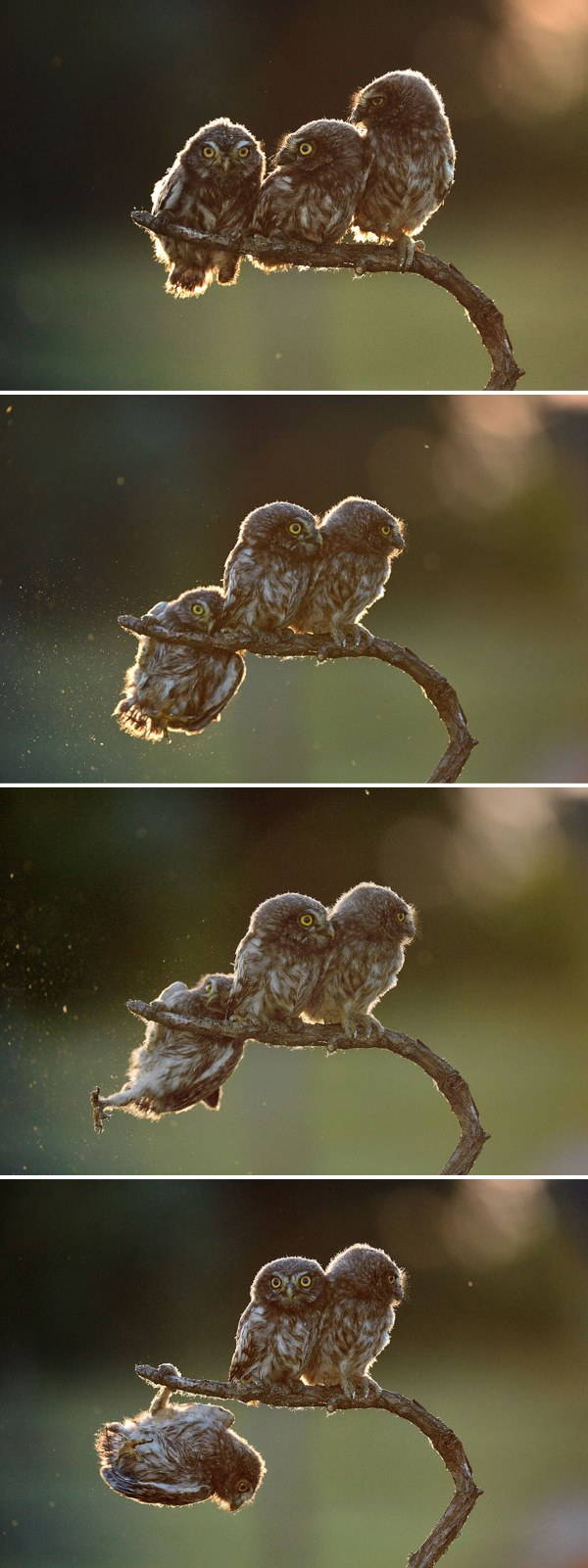
Pesticide addicts like nicotine smokers. The bumblebees are forced, in spite of themselves, to suffer this too due to the often indiscriminate use of poisons in agriculture. This is revealed by a new study
He is about to end up run over, his mother saves him
Pesticide addicts like nicotine smokers. The bumblebees are forced, in spite of themselves, to suffer this too due to the often indiscriminate use of poisons in agriculture. This is revealed by a new study.
The more nicotine-like chemicals they consume, the more bumblebees seem to crave them. This is the conclusion reached by researchers from Imperial College London, together with colleagues from Queen Mary University. Another study had already shown this.
In a series of studies, British scientists offered them a choice between two sugar solutions, one of which was also made with neonicotinoid pesticides. They found that over time they increasingly preferred feed containing sugar flavored with pesticides.
The researchers tested the controversial class of pesticides neonicotinoidi, currently one of the most used worldwide, despite the partial ban in the EU. The impact of neonicotinoids on bees is hotly debated and the ban is a decision that has received mixed opinions, also considering that it concerns only certain types of pesticides.
"Interestingly, neonicotinoids target nerve receptors in insects that are similar to those that target nicotine in mammals" has explained lead researcher Richard Gill, of Imperial College's Department of Life Sciences. “Given a choice, bumblebees seem to avoid neonicotinoid-treated food. However, as individual bees experience more and more processed food, they develop a preference ”.
According to the scientists, this behavior in bumblebees is similar to the addiction of humans to nicotine, although more research is needed to determine for sure.
Yet the results seem to point in that direction. The research team tracked down ten colonies of bumblebees over ten days, giving each one access to a foraging area. There, they could choose foods that did or did not contain a neonicotinoid.
They discovered that initially the bumblebees preferred pesticide-free food but over time they ended up choosing the latter, even when the positions of the foods were changed.
Dr. Andres Arce, of Imperial's Department of Life Sciences, added: “Wild bees have a choice of where to feed. We wanted to know if bumblebees could detect pesticides and eventually learn how to avoid them by feeding on the uncontaminated food we were offering. We now need to conduct further studies to try to understand the mechanism behind why they acquire this preference. "
The study was published in Proceedings of the Royal Society B.
READ also:
- Are neonicotinoid pesticides dangerous for bees, EFSA confirms?
- Solitary bees: a single pesticide-based meal is enough to reduce their reproduction and life
- Banned bee killer pesticides: Efsa waivers could return, under accusation
Francesca Mancuso







